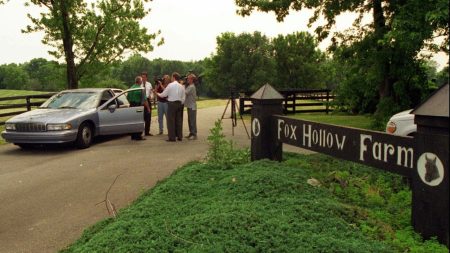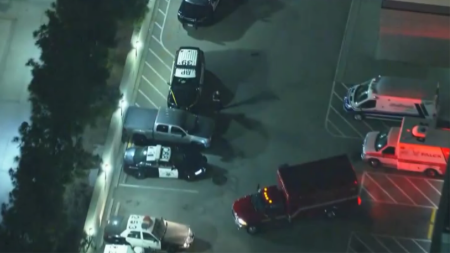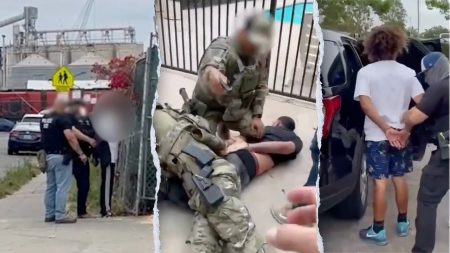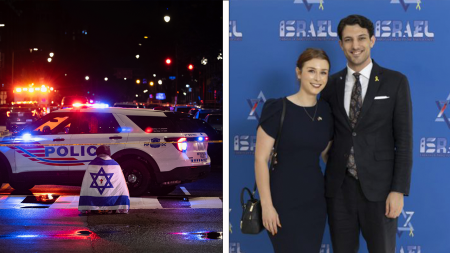John Hinckley Jr., the man infamous for his attempted assassination of President Ronald Reagan, has recently announced plans to open a music store in Williamsburg, Virginia. In a post on social media platform X, Hinckley shared that the store, details of which are yet to be disclosed, is set to have its grand opening in “a week or two.” His announcement has sparked a wide array of reactions, ranging from supportive messages to harsh criticisms questioning his freedom and the justice system that allowed him to establish a new life after his notorious past.
Following his release from a mental institution in 2022, Hinckley has sought to carve out a career in music. He has actively engaged with fans on his public YouTube channel, sharing his own music compositions, and has already participated in several concerts. Furthermore, he has announced an upcoming performance scheduled for February, reflecting his intention to stay active in the music scene. His passion for music post-release has distinguished his efforts to reintegrate into society and pursue a creative outlet.
As Hinckley shared his news about the music store, responses flooded in from his roughly 63,000 followers on X. While some users expressed well-wishes and encouragement—acknowledging his attempt to start anew—others found his freedom troubling. Jokes were made in poor taste, such as inquiries about Hinckley working in security at his own store, showcasing the discomfort many feel with his public endeavors. Nevertheless, the spectrum of reactions revealed a society grappling with forgiveness and accountability for individuals with violent pasts.
The more serious reactions highlight the contention surrounding Hinckley’s release. Critics argue that a person involved in such a grave crime should still be facing consequences rather than opening a business. Comments such as “You should be in prison” and observations about the “justice system” underline a divide in public opinion on rehabilitation versus the perception of deserved punishment for violent acts. This objection demonstrates the ongoing struggle to reconcile concepts of mental health, criminality, and societal reintegration, especially in high-profile cases.
Hinckley’s attempted assassination of Ronald Reagan in 1981 resulted in the injury of four individuals, including the President himself, White House press secretary James Brady, a Secret Service agent, and a police officer. The consequences of that day were lasting, particularly for Brady, whose life was permanently altered due to medical complications leading to his death in 2014, officially ruled as a homicide. This tragic history weighs heavily on public sentiment, influencing reactions to Hinckley’s current endeavors.
Having spent over three decades in a mental health facility after being deemed not guilty by reason of insanity, Hinckley’s path to freedom has been complex. He was initially conditionally released to his mother’s home in 2016, with those restrictions lifted in 2022, marking the beginning of his life without institutional oversight. The duality of his existence—as both a figure of historical violence and a person seeking normalcy through music and business—continues to pose challenging questions for society regarding justice, forgiveness, and the potential for rehabilitation after such severe infractions.










